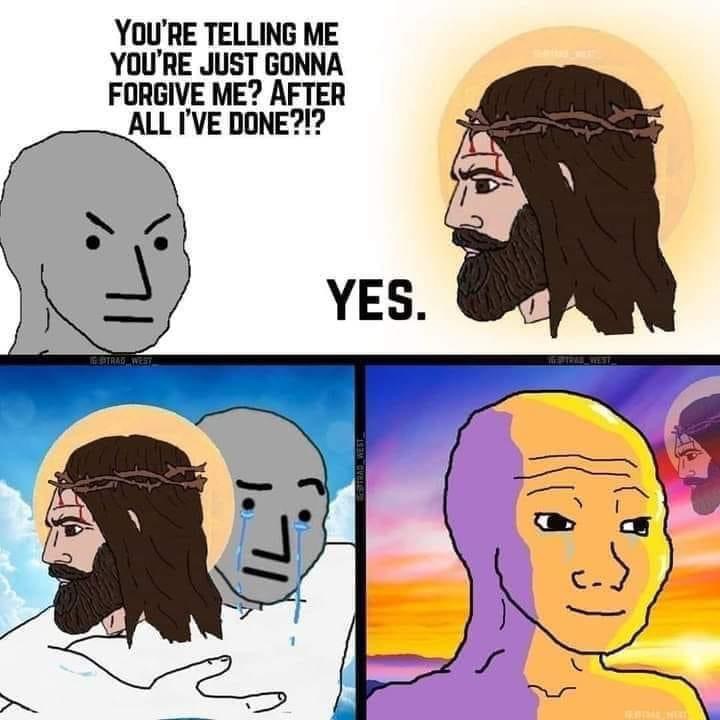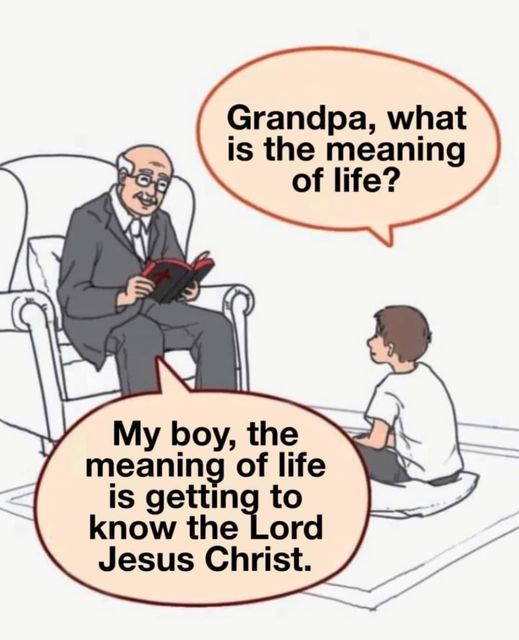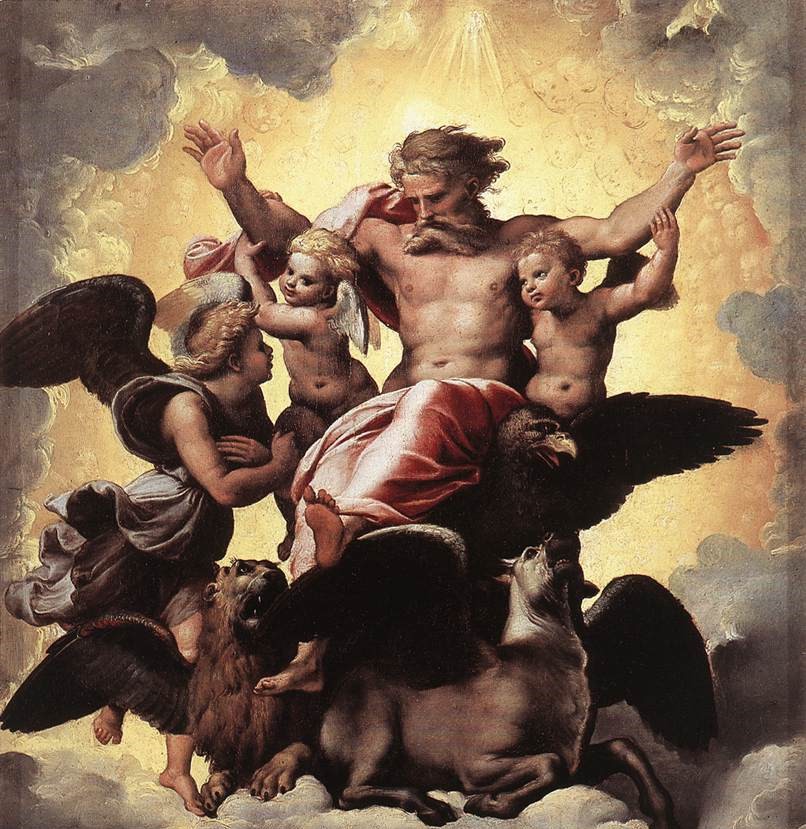There is major confusion among believers as to the kingdom of Jesus Christ – is it physical or spiritual? The purpose of this post is to clear that up.
While the 1000 year millennial reign was a physical reign on the earth (Revelation 5:10; Revelation 20:6), and new Jerusalem physically came down from heaven as per Revelation chapter 21, the kingdom of Jesus Christ is spiritual and everlasting.
This is why I don’t say “millennial kingdom” anymore but “millennial reign”, as the kingdom of Jesus Christ never ends (see Daniel 7:27, Isaiah 9:6-7, 2 Samuel 7:16, Luke 1:31-33, Revelation 11:15, 2 Peter 1:10-11).
Jesus is on the throne right now, never forget that. He is “the King eternal, immortal, invisible” (1 Timothy 1:17).
Jesus came to die for our sins and reconcile us back to God, not to be made king by man:
“When Jesus therefore perceived that they would come and take him by force, to make him a king, he departed again into a mountain himself alone.” (John 6:15)
Jesus kingdom is not of this world, he sat on the throne in heaven upon his ascension to the right hand of the Father. God’s throne has always been in heaven.
The kingdom of God / kingdom of heaven is an everlasting spiritual/heavenly kingdom; born again believers in Jesus Christ enter the kingdom:

“Jesus answered, My kingdom is not of this world…” (John 18:36)
“flesh and blood cannot inherit the kingdom of God” (1 Corinthians 15:50)
“Who hath delivered us from the power of darkness, and hath translated us into the kingdom of his dear Son: In whom we have redemption through his blood, even the forgiveness of sins:” (Colossians 1:13-14)
When John the Baptist and Jesus preached “the kingdom of heaven is at hand” (Matthew 3:2, Matthew 4:17), they were talking about the spiritual kingdom.
“The law and the prophets were until John: since that time the kingdom of God is preached, and every man presseth into it.” (Luke 16:16)
John 3:3-6
3 Jesus answered and said unto him, Verily, verily, I say unto thee, Except a man be born again, he cannot see the kingdom of God.
4 Nicodemus saith unto him, How can a man be born when he is old? can he enter the second time into his mother’s womb, and be born?
5 Jesus answered, Verily, verily, I say unto thee, Except a man be born of water and of the Spirit, he cannot enter into the kingdom of God.
6 That which is born of the flesh is flesh; and that which is born of the Spirit is spirit.
“But now they desire a better country, that is, an heavenly: wherefore God is not ashamed to be called their God: for he hath prepared for them a city.” (Hebrews 11:16)
Jesus was always going to die for the sins of the world:
“Now is my soul troubled; and what shall I say? Father, save me from this hour: but for this cause came I unto this hour.” (John 12:27)
The backsliding Jews who broke their covenant with God were deliberately blinded by God because of their continued sin, so that even when they saw the miracles they still rejected Christ. But the elect were saved:
“What then? Israel hath not obtained that which he seeketh for; but the election hath obtained it, and the rest were blinded (according as it is written, God hath given them the spirit of slumber, eyes that they should not see, and ears that they should not hear;) unto this day.” (Romans 11:7-8)
“For God hath concluded them all in unbelief, that he might have mercy upon all.” (Romans 11:32)
John 12:37-40
37 But though he had done so many miracles before them, yet they believed not on him:
38 That the saying of Esaias the prophet might be fulfilled, which he spake, Lord, who hath believed our report? and to whom hath the arm of the Lord been revealed?
39 Therefore they could not believe, because that Esaias said again,
40 He hath blinded their eyes, and hardened their heart; that they should not see with their eyes, nor understand with their heart, and be converted, and I should heal them.
The wicked Jews were blinded so that the whole world could get the chance of salvation through faith in Christ’s work on the cross.

“And Jesus said, For judgment I am come into this world, that they which see not might see; and that they which see might be made blind.” (John 9:39)
John 6:36-40
36 But I said unto you, That ye also have seen me, and believe not.
37 All that the Father giveth me shall come to me; and him that cometh to me I will in no wise cast out.
38 For I came down from heaven, not to do mine own will, but the will of him that sent me.
39 And this is the Father’s will which hath sent me, that of all which he hath given me I should lose nothing, but should raise it up again at the last day.
40 And this is the will of him that sent me, that every one which seeth the Son, and believeth on him, may have everlasting life: and I will raise him up at the last day.
“And he said, Therefore said I unto you, that no man can come unto me, except it were given unto him of my Father.” (John 6:65)
“But this cometh to pass, that the word might be fulfilled that is written in their law, They hated me without a cause.” (John 15:25)
Jesus came to save the world, not just Israel of the flesh, through faith in his work on the cross:
John 6:50-51
50 This is the bread which cometh down from heaven, that a man may eat thereof, and not die.
51 I am the living bread which came down from heaven: if any man eat of this bread, he shall live for ever: and the bread that I will give is my flesh, which I will give for the life of the world.
The kingdom of God was not postponed because the Jews as a nation rejected the messiah (Luke 16:16; Mark 1:14-15; Acts 28:30-31).
The apostles all believed they were living at the end of the world / last days (see: 1 Corinthians 10:11, 1 Peter 1:20, 1 Peter 4:7, Hebrews 1:2, Hebrews 8:13, Acts 2:15-17, 1 John 2:18).
Jesus brought in the new covenant prophesied in Jeremiah 31:31-34, wiping out the old Mosaic covenant.
“For this is my blood of the new testament, which is shed for many for the remission of sins.” (Matthew 26:28)
“Now the God of peace, that brought again from the dead our Lord Jesus, that great shepherd of the sheep, through the blood of the everlasting covenant,” (Hebrews 13:20)
“And to Jesus the mediator of the new covenant, and to the blood of sprinkling, that speaketh better things than that of Abel.” (Hebrews 12:24)
“In that he saith, A new covenant, he hath made the first old. Now that which decayeth and waxeth old is ready to vanish away.” (Hebrews 8:13)
Hebrews 8:6-7
6 But now hath he obtained a more excellent ministry, by how much also he is the mediator of a better covenant, which was established upon better promises.
7 For if that first covenant had been faultless, then should no place have been sought for the second.
Hebrews 9:15-16
15 And for this cause he is the mediator of the new testament, that by means of death, for the redemption of the transgressions that were under the first testament, they which are called might receive the promise of eternal inheritance.
16 For where a testament is, there must also of necessity be the death of the testator.
“For the law having a shadow of good things to come, and not the very image of the things, can never with those sacrifices which they offered year by year continually make the comers thereunto perfect.” (Hebrews 10:1)
“Then said he, Lo, I come to do thy will, O God. He taketh away the first, that he may establish the second. By the which will we are sanctified through the offering of the body of Jesus Christ once for all.” (Hebrews 10:9-10)
“Having therefore, brethren, boldness to enter into the holiest by the blood of Jesus, By a new and living way, which he hath consecrated for us, through the veil, that is to say, his flesh;” (Hebrews 10:19-20)
“He that despised Moses’ law died without mercy under two or three witnesses: Of how much sorer punishment, suppose ye, shall he be thought worthy, who hath trodden under foot the Son of God, and hath counted the blood of the covenant, wherewith he was sanctified, an unholy thing, and hath done despite unto the Spirit of grace?” (Hebrews 10:28-29)
“Wherefore then serveth the law? It was added because of transgressions, till the seed should come to whom the promise was made; and it was ordained by angels in the hand of a mediator.” (Galatians 3:19)
There is only one olive tree and the gentiles were grafted in (Romans 11:17-23); through faith in Christ there is now no distinction between Jew and gentile (Ephesians 2:11-16). The gentile believers are counted as Abraham’s seed and heirs according to the promise (Galatians 3:29).
The “Israel of God” are all those born again believers in Jesus Christ regardless of their race in the flesh (Galatians 6:15-16; Romans 9:6).
The gospel of the kingdom as a spiritual rather than earthly kingdom was not what the Pharisees at the time were expecting:
Luke 17:20-21
20 And when he was demanded of the Pharisees, when the kingdom of God should come, he answered them and said, The kingdom of God cometh not with observation:
21 Neither shall they say, Lo here! or, lo there! for, behold, the kingdom of God is within you.
“For the kingdom of God is not meat and drink; but righteousness, and peace, and joy in the Holy Ghost.” (Romans 14:17)
We are the temple of God (1 Corinthians 3:16-17).
The gospel of the kingdom is the same as the gospel of salvation (Colossians 1:13-14, Hosea 13:9-14)
Testifying “the gospel of the grace of God” and “preaching the kingdom of God” are the same identical thing (Acts 20:24-25).
The Levitical / Aaronic priesthood was abolished by Christ:
Hebrews 7:11-12
11 If therefore perfection were by the Levitical priesthood, (for under it the people received the law,) what further need was there that another priest should rise after the order of Melchisedec, and not be called after the order of Aaron?
12 For the priesthood being changed, there is made of necessity a change also of the law.
Hebrews 7:17-19
17 For he testifieth, Thou art a priest for ever after the order of Melchisedec.
18 For there is verily a disannulling of the commandment going before for the weakness and unprofitableness thereof.
19 For the law made nothing perfect, but the bringing in of a better hope did; by the which we draw nigh unto God.
Hebrews 7:27-28
27 Who needeth not daily, as those high priests, to offer up sacrifice, first for his own sins, and then for the people’s: for this he did once, when he offered up himself.
28 For the law maketh men high priests which have infirmity; but the word of the oath, which was since the law, maketh the Son, who is consecrated for evermore.

